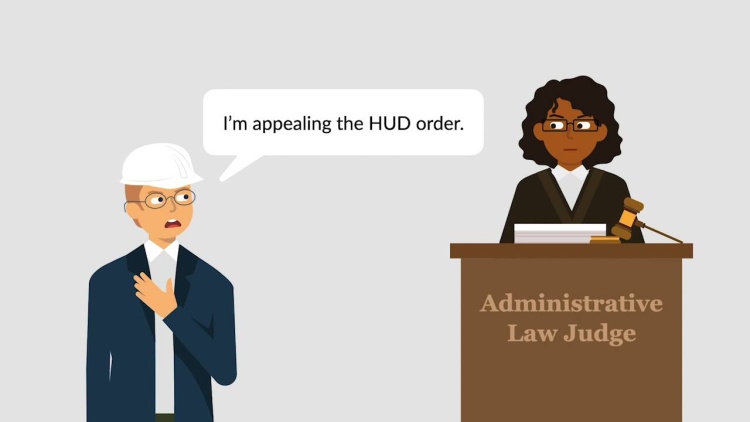Darby v. Cisneros
United States Supreme Court
509 U.S. 137 (1993)

- Written by Eric Cervone, LLM
Facts
The Department of Housing and Urban Development (HUD) provides mortgage insurance as a means of facilitating the construction of housing in poor areas. Mr. Darby (plaintiff) obtained such insurance on several occasions. HUD officials determined that Darby had violated the eligibility regulations for this financing, and they notified him that HUD proposed to bar him from future participation in HUD procurement contracts. Darby sought a hearing, and the administrative-law judge (ALJ) imposed an 18-month disbarment. Under HUD regulations, a hearing officer’s determination is final unless a party requests review and, within 30 days of receiving the request, the secretary of Housing and Urban Development (defendant) decides to review the determination. Neither Darby nor HUD sought administrative review of the ALJ’s decision. Darby filed a suit in federal district court, seeking a declaration that the imposition of the penalty was not in accordance with law, as required by the Administrative Procedure Act (APA). HUD moved to dismiss on the ground that Darby had failed to exhaust his administrative remedies. The court denied HUD’s motion, but the court of appeals reversed. The United States Supreme Court granted certiorari.
Rule of Law
Issue
Holding and Reasoning (Blackmun, J.)
What to do next…
Here's why 907,000 law students have relied on our case briefs:
- Written by law professors and practitioners, not other law students. 47,100 briefs, keyed to 996 casebooks. Top-notch customer support.
- The right amount of information, includes the facts, issues, rule of law, holding and reasoning, and any concurrences and dissents.
- Access in your classes, works on your mobile and tablet. Massive library of related video lessons and high quality multiple-choice questions.
- Easy to use, uniform format for every case brief. Written in plain English, not in legalese. Our briefs summarize and simplify; they don’t just repeat the court’s language.





